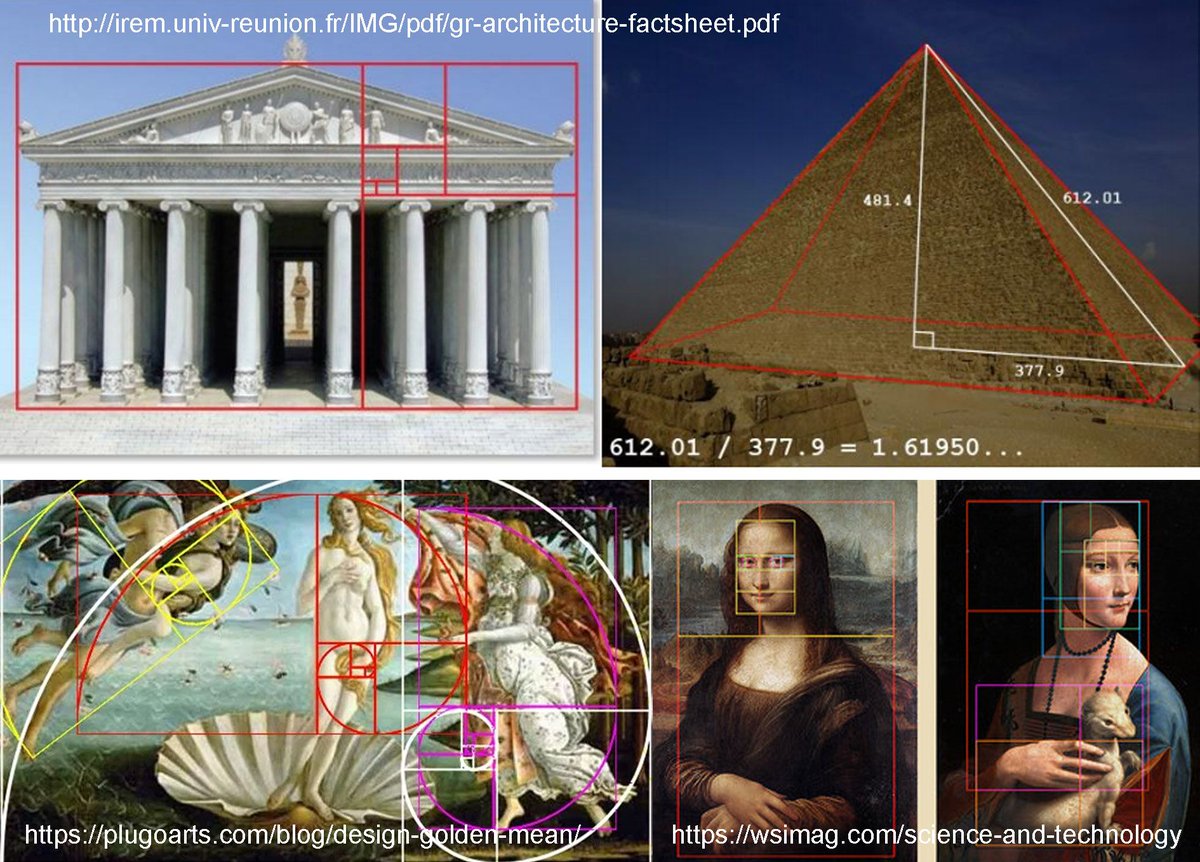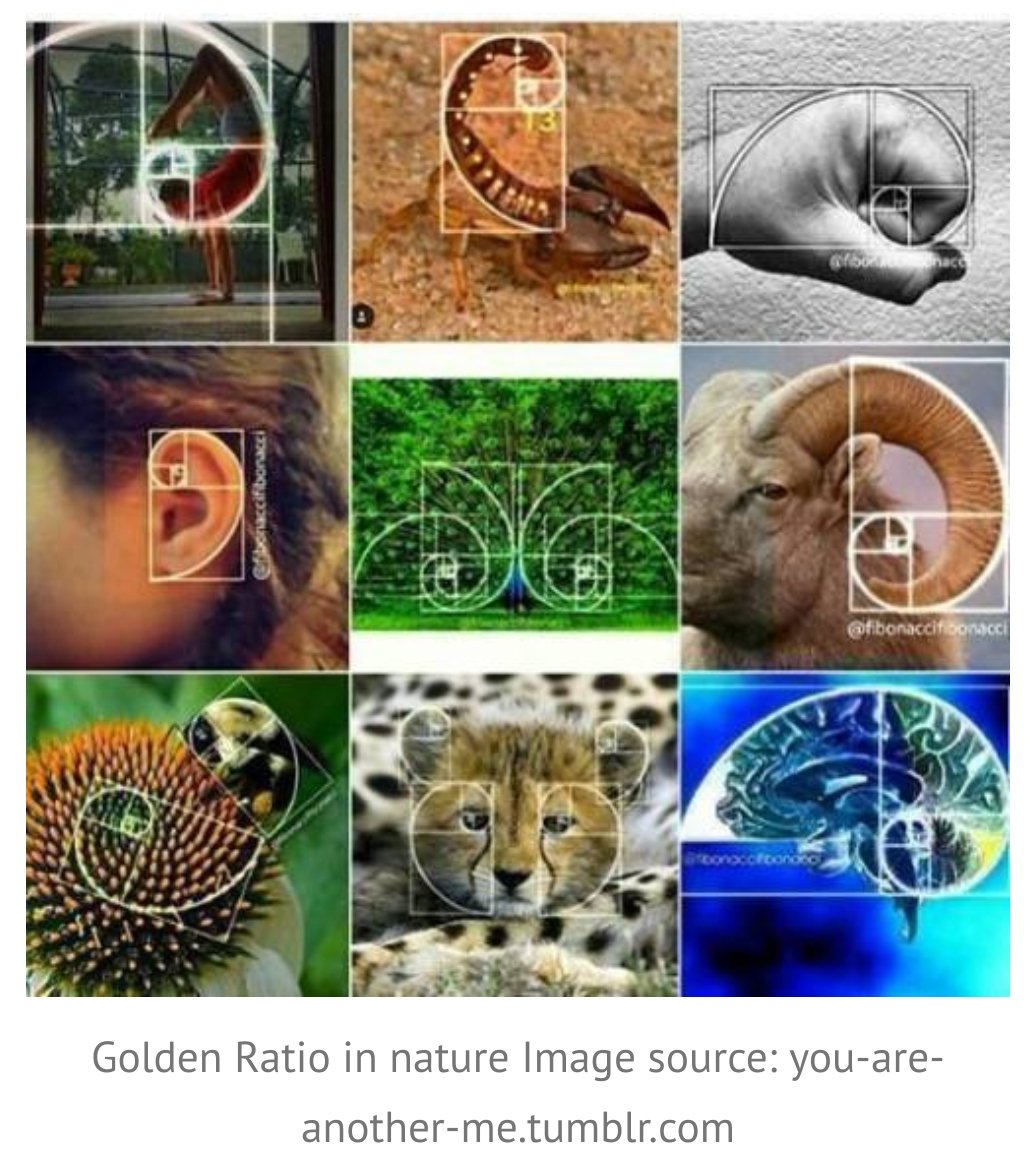1/ there is this sense when you are young that your accomplishments need to be a list of things that seem impressive to others. A list of several items you did.
This isn't actually right, so here is another suggestion.
Of course you can find this out too late if you are chasing the dragon of Ted talks etc
Like ha ha, but he's right.
In case you're wondering, for me, that's a-product and b-getting people to believe in me + my thing.
Example - My gf is one year into her ceramic sculpting and she just did her first show. People like what she does but she wants it to go faster.
But year 2 is easier. Your network is wider. More people see your thing and recognize it. Your second set of pieces get seen enough to develop your reputation. Etc.
PS this is her thing in case you're wondering.
https://t.co/9s2NagzZk6
More from Life
How to get smarter very fast:
Interact with smart people here on Twitter who have different world-views than you do.
And let them change your mind on something.
Here are the 30 people you should follow (along with my favorite tweet from each)👇👇
Twitter can be terrible if you follow negative people.
It can also be more valuable than a college degree if you follow (and network with) the right people.
You get to look right into their brain and read a daily narrative of HOW they think.
Ok lets go:
#1: @ShaanVP
You know he's all about venture capital based entrepreneurship. I'm about small (non-sexy) business. We disagree on a lot of stuff.
But he's done it and he's won. Bonus follow: @theSamParr (@myfirstmilpod podcast
#2: @fortworthchris
He is where I want to be in 15 years. Has built a massive real estate private equity firm from the ground up. Super grounded with what the way he does business and his podcast @theFORTpodcast is top
#3: @Julian
I'm a scattered thinker and procrastinator.
Julian is a master of clear thinking and simple but effective writing. A world class example of content marketing and
Interact with smart people here on Twitter who have different world-views than you do.
And let them change your mind on something.
Here are the 30 people you should follow (along with my favorite tweet from each)👇👇
Twitter can be terrible if you follow negative people.
It can also be more valuable than a college degree if you follow (and network with) the right people.
You get to look right into their brain and read a daily narrative of HOW they think.
Ok lets go:
#1: @ShaanVP
You know he's all about venture capital based entrepreneurship. I'm about small (non-sexy) business. We disagree on a lot of stuff.
But he's done it and he's won. Bonus follow: @theSamParr (@myfirstmilpod podcast
10 years ago, Netflix spent $0 on original content.
— Shaan Puri (@ShaanVP) January 14, 2021
This year:
Netflix: $11B
Apple: $6B
Disney: $1B
+ amazon, hulu HBO etc.
=
$20B+
Here's a crazy startup idea to take a swing at this $20B+ content pi\xf1ata. \U0001f447 Here's a quick business plan \U0001f914
#2: @fortworthchris
He is where I want to be in 15 years. Has built a massive real estate private equity firm from the ground up. Super grounded with what the way he does business and his podcast @theFORTpodcast is top
When buying a deal, every day that goes by, the potential for tunnel vision grows.
— Chris Powers (@fortworthchris) January 7, 2021
Obsessing over executing detailed Due Diligence early and efficiently is paramount to limiting this.
#3: @Julian
I'm a scattered thinker and procrastinator.
Julian is a master of clear thinking and simple but effective writing. A world class example of content marketing and
THREAD: 10 significant lies you're told about the world.
— Julian Shapiro (@Julian) January 9, 2021
On startups, writing, and your career:
You May Also Like
Nano Course On Python For Trading
==========================
Module 1
Python makes it very easy to analyze and visualize time series data when you’re a beginner. It's easier when you don't have to install python on your PC (that's why it's a nano course, you'll learn python...
... on the go). You will not be required to install python in your PC but you will be using an amazing python editor, Google Colab Visit https://t.co/EZt0agsdlV
This course is for anyone out there who is confused, frustrated, and just wants this python/finance thing to work!
In Module 1 of this Nano course, we will learn about :
# Using Google Colab
# Importing libraries
# Making a Random Time Series of Black Field Research Stock (fictional)
# Using Google Colab
Intro link is here on YT: https://t.co/MqMSDBaQri
Create a new Notebook at https://t.co/EZt0agsdlV and name it AnythingOfYourChoice.ipynb
You got your notebook ready and now the game is on!
You can add code in these cells and add as many cells as you want
# Importing Libraries
Imports are pretty standard, with a few exceptions.
For the most part, you can import your libraries by running the import.
Type this in the first cell you see. You need not worry about what each of these does, we will understand it later.

==========================
Module 1
Python makes it very easy to analyze and visualize time series data when you’re a beginner. It's easier when you don't have to install python on your PC (that's why it's a nano course, you'll learn python...
... on the go). You will not be required to install python in your PC but you will be using an amazing python editor, Google Colab Visit https://t.co/EZt0agsdlV
This course is for anyone out there who is confused, frustrated, and just wants this python/finance thing to work!
In Module 1 of this Nano course, we will learn about :
# Using Google Colab
# Importing libraries
# Making a Random Time Series of Black Field Research Stock (fictional)
# Using Google Colab
Intro link is here on YT: https://t.co/MqMSDBaQri
Create a new Notebook at https://t.co/EZt0agsdlV and name it AnythingOfYourChoice.ipynb
You got your notebook ready and now the game is on!
You can add code in these cells and add as many cells as you want
# Importing Libraries
Imports are pretty standard, with a few exceptions.
For the most part, you can import your libraries by running the import.
Type this in the first cell you see. You need not worry about what each of these does, we will understand it later.

@franciscodeasis https://t.co/OuQaBRFPu7
Unfortunately the "This work includes the identification of viral sequences in bat samples, and has resulted in the isolation of three bat SARS-related coronaviruses that are now used as reagents to test therapeutics and vaccines." were BEFORE the

chimeric infectious clone grants were there.https://t.co/DAArwFkz6v is in 2017, Rs4231.
https://t.co/UgXygDjYbW is in 2016, RsSHC014 and RsWIV16.
https://t.co/krO69CsJ94 is in 2013, RsWIV1. notice that this is before the beginning of the project
starting in 2016. Also remember that they told about only 3 isolates/live viruses. RsSHC014 is a live infectious clone that is just as alive as those other "Isolates".
P.D. somehow is able to use funds that he have yet recieved yet, and send results and sequences from late 2019 back in time into 2015,2013 and 2016!
https://t.co/4wC7k1Lh54 Ref 3: Why ALL your pangolin samples were PCR negative? to avoid deep sequencing and accidentally reveal Paguma Larvata and Oryctolagus Cuniculus?
Unfortunately the "This work includes the identification of viral sequences in bat samples, and has resulted in the isolation of three bat SARS-related coronaviruses that are now used as reagents to test therapeutics and vaccines." were BEFORE the

chimeric infectious clone grants were there.https://t.co/DAArwFkz6v is in 2017, Rs4231.
https://t.co/UgXygDjYbW is in 2016, RsSHC014 and RsWIV16.
https://t.co/krO69CsJ94 is in 2013, RsWIV1. notice that this is before the beginning of the project
starting in 2016. Also remember that they told about only 3 isolates/live viruses. RsSHC014 is a live infectious clone that is just as alive as those other "Isolates".
P.D. somehow is able to use funds that he have yet recieved yet, and send results and sequences from late 2019 back in time into 2015,2013 and 2016!
https://t.co/4wC7k1Lh54 Ref 3: Why ALL your pangolin samples were PCR negative? to avoid deep sequencing and accidentally reveal Paguma Larvata and Oryctolagus Cuniculus?

















